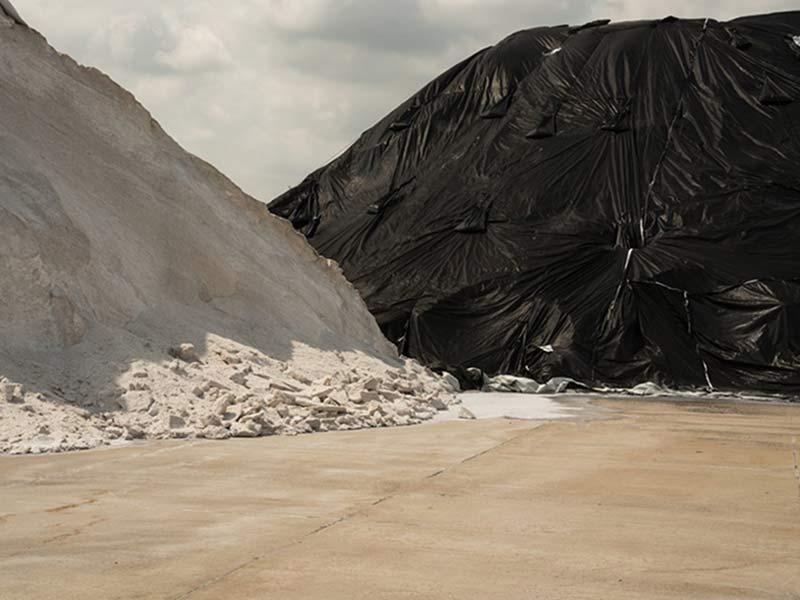New Orleans Center for the Gulf South explores “Knowing Together” in the Anthropocene
Food insecurity, racialized violence, global pandemic and climate care are just four of several topics that were through-line currents in the Haus der Kulturen der Welt’s international virtual gathering The Shape of a Practice: Negotiating Context in the Anthropocene last week. In an event titled “Knowing Together,” New Orleans Center for the Gulf South at Tulane University (NOCGS) directors Rebecca Snedeker and Denise Frazier, PhD, presented Braid and Flow, an online practice they co-developed over the past seven months with fellow core organizers Aron Chang, Jelagat Cheruiyot, PhD, and Shana M. griffin, along with all who participated. Through a series of two closely-timed sessions, Braid and Flow brings together people across disciplines, locations and perspectives to unpack a timely theme by discussing three subtopics, reflecting on how these topics are intertwined and offering creative responses. As example, in July the theme was racialized violence, the subtopics were trees, tear gas and social media. Creative prompt and responses can be viewed here.
Last year, in partnership with Haus der Kulturen der Welt, NOCGS co-organized the Anthropocene River Campus: The Human Delta, which welcomed local, upriver and international researchers to explore how human impact on the planet has shaped realities along the Mississippi River, experiment with new forms of knowledge production and strengthen research relationships and friendships that cross topographies. Through The Shape of a Practice, Haus der Kulturen der Welt continued these efforts by pushing scholars and activists within their global network to examine, reflect and present case studies of their practices, and through seminars study how knowledge is sensed, archived, communicated and utilized to build consensus on developing inventive ways of living well together on a damaged planet. One driving question of the conference was, “How can diverse local research, struggles and practices be related to one another in order to establish a mutual ground of experience and action within the geological age of humans?”
“Accepting, adjusting to and responding to new norms takes spirit and energy. Through Braid and Flow convenings, NOCGS continues our efforts to create generous and nourishing settings, where everyone has something to give and receive, and we learn together. With each gathering, there’s a wonderful element of surprise—in who shows up, what each of us is willing to be and reveal and the gestalt of that particular constellation of people and wisdoms, all unfolding in choreographed sessions that many of us have found energizing and educational. The practice continues to evolve, and we are as curious about how and why it works as we are about the thematic and topical investigations at play,” Snedeker said.
The Shape of a Practice highlighted the work of social activists and artists who are part of the Gulf South Anthropocene Working Group, also organized by NOCGS. Monique Verdin, Shana M. griffin and Imani Jacqueline Brown each presented projects related to extraction and ecological responsibility, and offered analysis of how historical white supremacist policies have affected the water, land, plant, animals and humans. Louisiana and the Mississippi River serve as geographical case studies to help grasp the effects of climate change and history in our social and cultural lives in this region. Practices like Braid and Flow support the constant need for care and innovative solutions in uncertain and changing times.
Braid and Flow continues on Friday, Dec. 11, from noon to 1 p.m. CT and on Monday, Dec. 14, from 4 p.m. to 5:15 p.m. CT. The theme will be power. NOCGS encourages Tulane faculty, staff, students, parents, and alumni to join.
For more information, email gulfsouth@tulane.edu.
For more information on The Shape of a Practice, click here.

